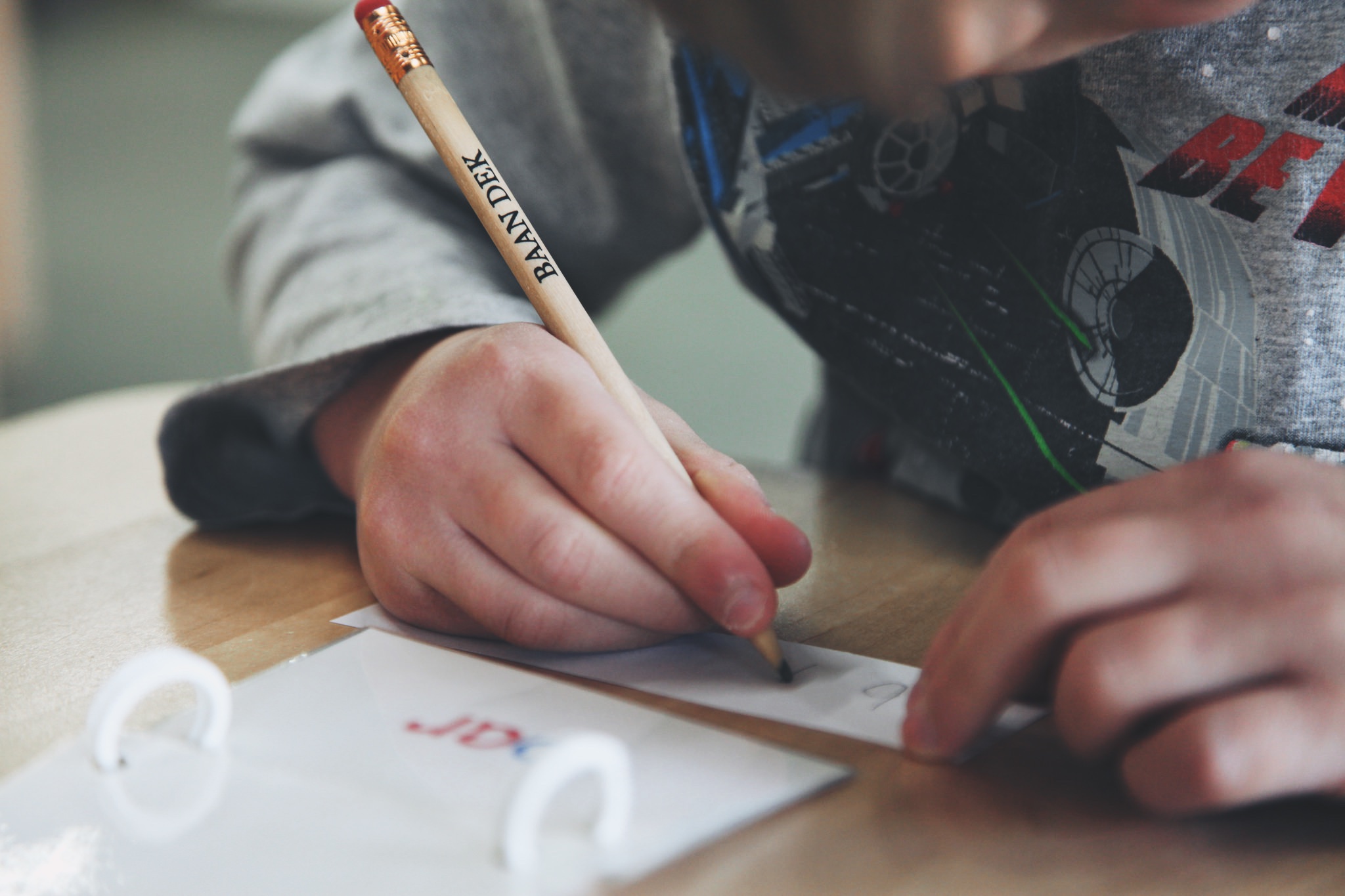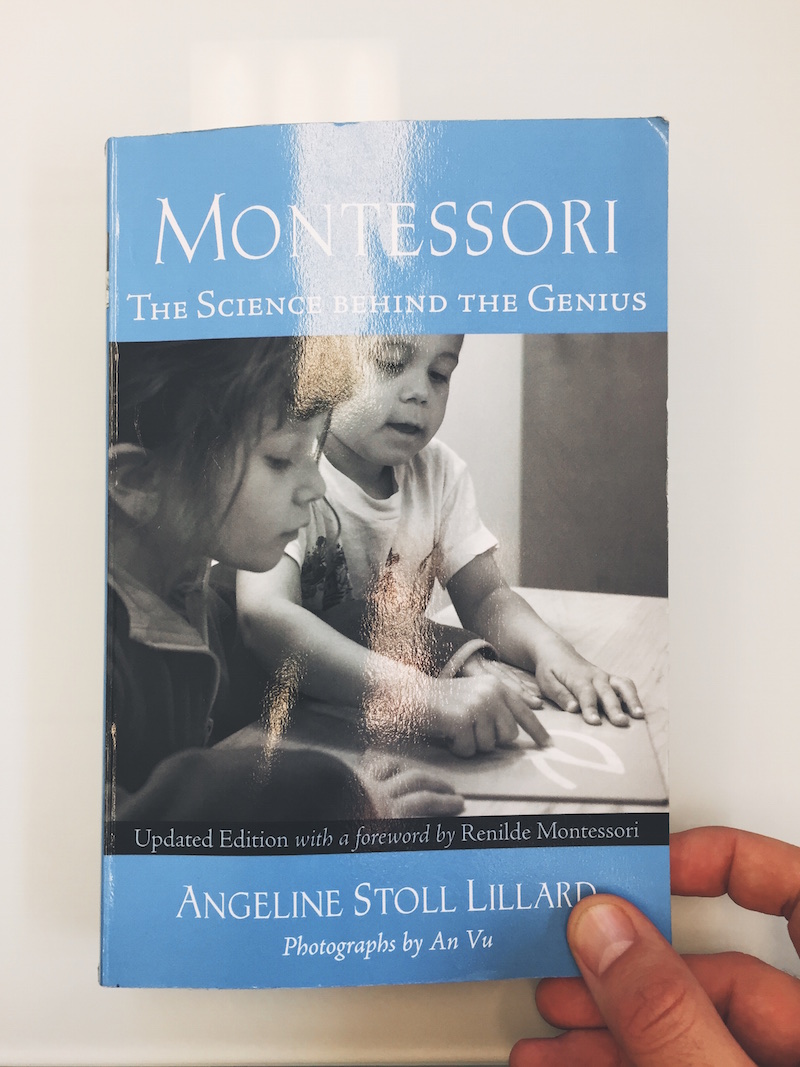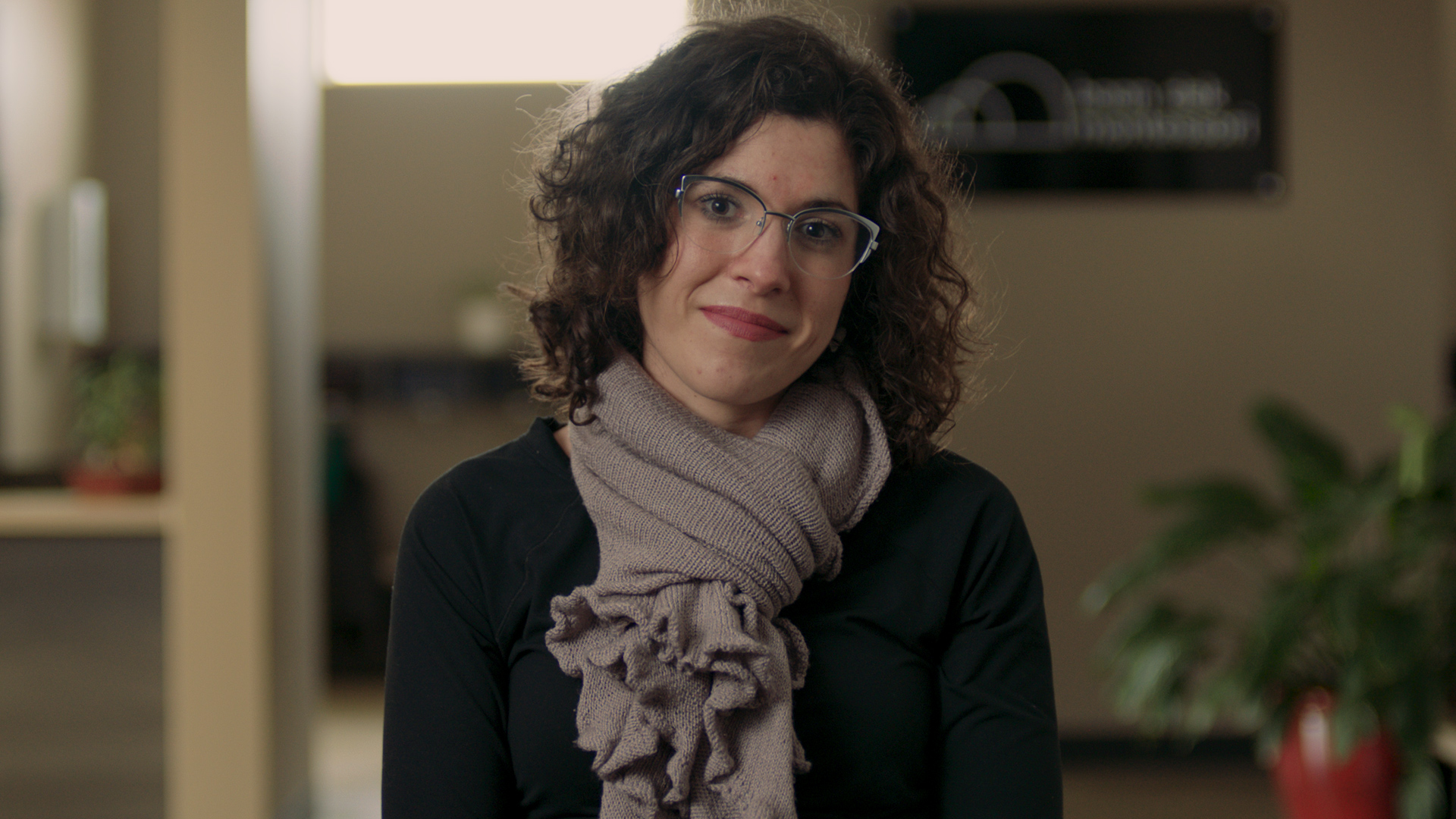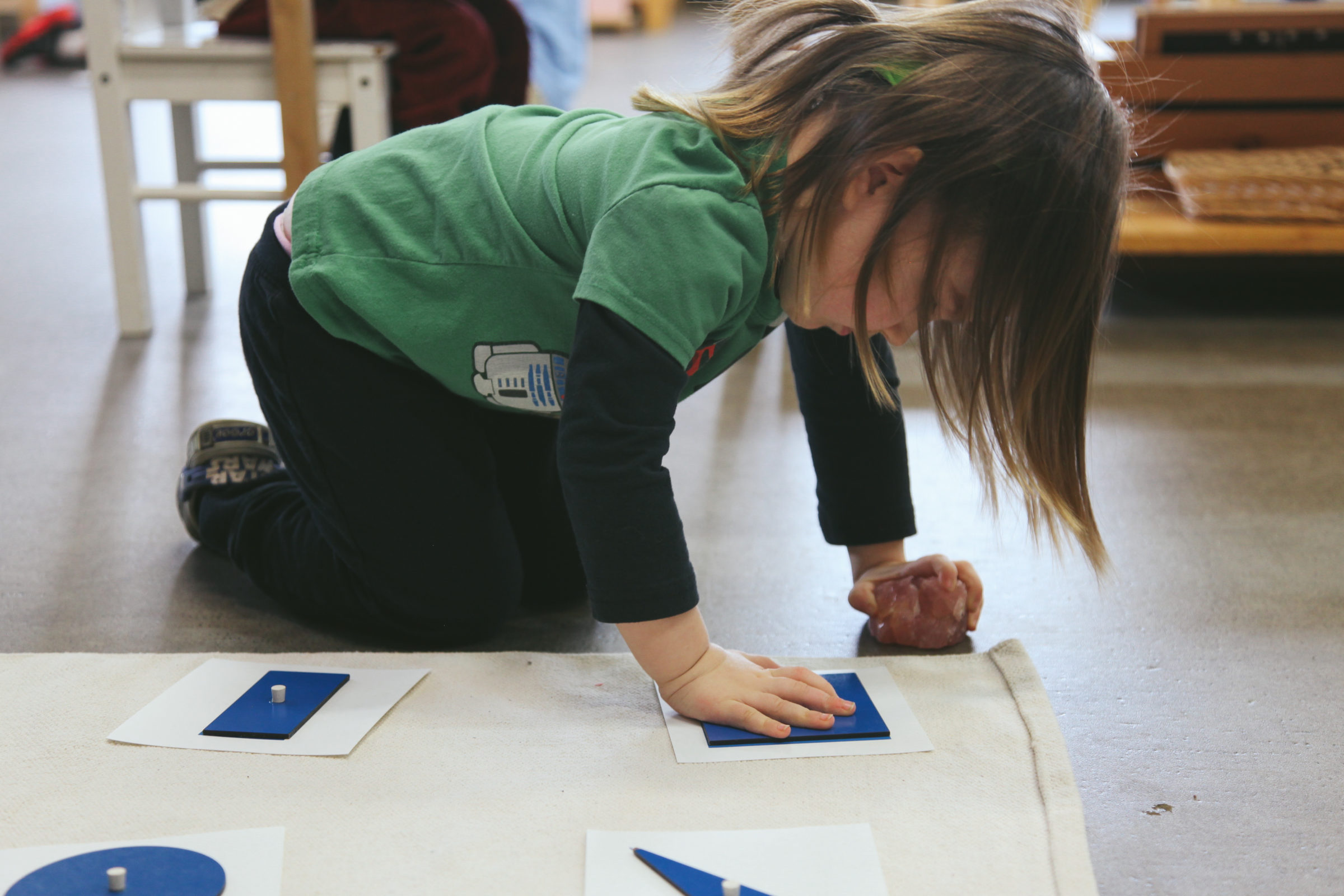Montessori Workshops
Thoughts & Reflections
We hold regular team workshops. Some are lively and spirited, in which we enter into animated discussions about Montessori or address certain, practical, technical educational practices. Others are more reflective but just as intimate, where we ponder texts and discuss abstract ideas, whether directly relevant to our mission or even tangential to our field. We are always looking for ways to improve, and both paths, to be sure, help to strengthen our team and serve as a guide for us.
Our latest workshop was no exception. We thought we would take this opportunity to share some of the lessons that we learned. Not only did we read a highly influential book, touted in Montessori circles as a must-read, but we also conducted our own hands-on activities, specifically designed to help us enrich the overall classroom experience.
First, the book.
Written nearly a decade ago, “Montessori: The Science Behind the Genius”, by Angeline Lillard, remains the single most comprehensive scientific examination into the theory and practice of Montessori in print today. Having received her doctorate in psychology at Stanford University, Dr. Lillard is currently Professor of Psychology at the University of Virginia.
There are two primary, and we should mention ambitious, purposes of the book, which are scoped out from the start. First, to make Montessori accessible to researchers. Second, to make psychology research accessible to parents and teachers. These two threads are of vital importance to the development of the narrative, as they work to offer an approachable, meaningful context in which to examine the science behind Montessori.
At once readable, the text is also rigorous, as it intermixes a plethora of scientific studies with the conceptual philosophy of Maria Montessori. If there’s one thematic that carries the book to its natural conclusion, it’s that of a dutiful, diligent scientist: a passionate individual, with a working hypothesis, out to demonstrate, scientifically, the nature of her intuitions.
As Lillard remarks:
“ Empirical study should always be the deciding factor for how to best educate children. ”
With this in mind, our faithful scientist explores, with a delightful sense of scrupulousness, eight working hypothesis. These are assumptions, and subsequent modes of practice, that are deeply embedded in the Montessori approach to learning.
With careful and persistent work, Dr. Lillard attempts to validate each of these approaches. There’s a sense in which, as any good scientist can tell you, that it’s just as much about satiating her own curiosity, as it is proving the hypothesis. Here are the assumptions:
- That movement and cognition are closely intertwined, and movement can enhance thinking and learning.
- That learning and well-being are improved when people have a sense of control of their lives.
- That people learn better when they are interested in what they are learning.
- That tying extrinsic rewards to an activity, like money for reading or high grades for tests, negatively impacts motivation to engage in that activity when the reward is withdrawn.
- That collaborative arrangements can be very conductive to learning.
- That learning situated in meaningful contexts is often deeper and richer than learning in abstract contexts.
- That particular forms of adult interaction are associated with more optimal child outcomes.
- That order in the environment is beneficial to children.
For anyone interested in the science behind Montessori, we highly recommend this wonderful and tightly-packed (which is not to say unexpectedly arduous) read. Everyone at Baan Dek thoroughly enjoyed learning more about how the intuitions Maria Montessori discovered over one-hundred-years ago, were scientifically relevant, if not, still-more-advanced, than current educational practices.
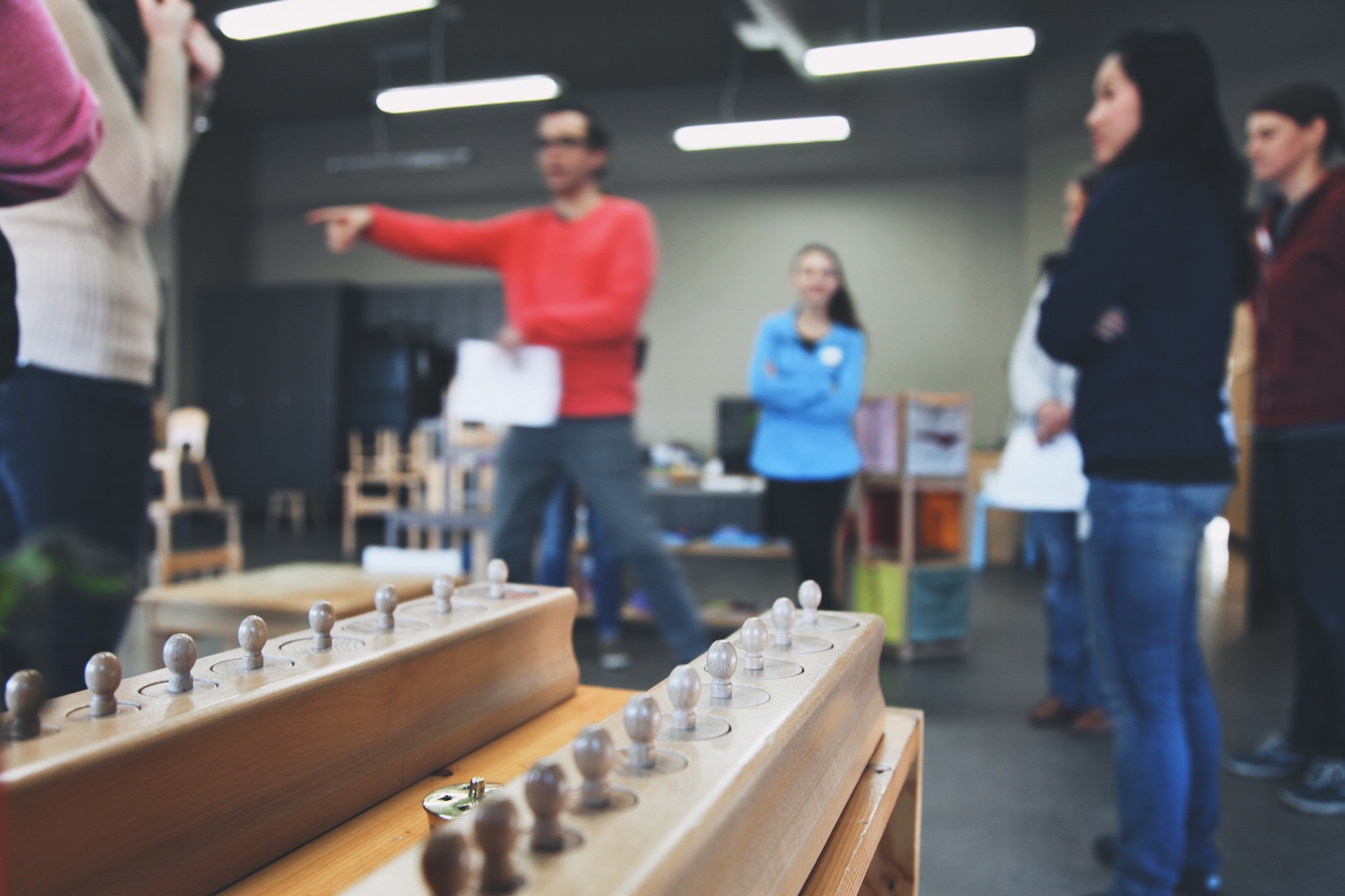
Second, the workshop.
How would you approach Montessori? What would you share with a prospective family? This was the subject of our workshop. Equipped with the knowledge we had learned from “Montessori: The Science Behind the Genius”, we challenged everyone, with a wealth of scientific information and data fresh on their minds, to describe Montessori.
To heighten the stakes, just a bit, we actually pulled out a video camera and offered everyone five minutes to share how they thought about Montessori. Turning the spotlight towards everyone was a wonderful and extremely productive exercise. Crucially, it allowed all of us to think more succinctly about what makes Montessori so special, and how to share that information, in a meaningful, engaging, non-obtrusive way.
Our goal, as we envision it, is two-fold:
1. Make Montessori more accessible to families.
2. Provide a world class Montessori experience.
We think it’s important that Montessori – to stay relevant, despite the science – reaches out to families, and meets them where they are. Our ongoing efforts, and the core of Baan Dek, is precisely that. We challenge you, whether you’re a parent, a former student, a Montessori administrator or teacher – How would you describe Montessori in a single tweet? #makemontessori
Written by:
Bobby George
